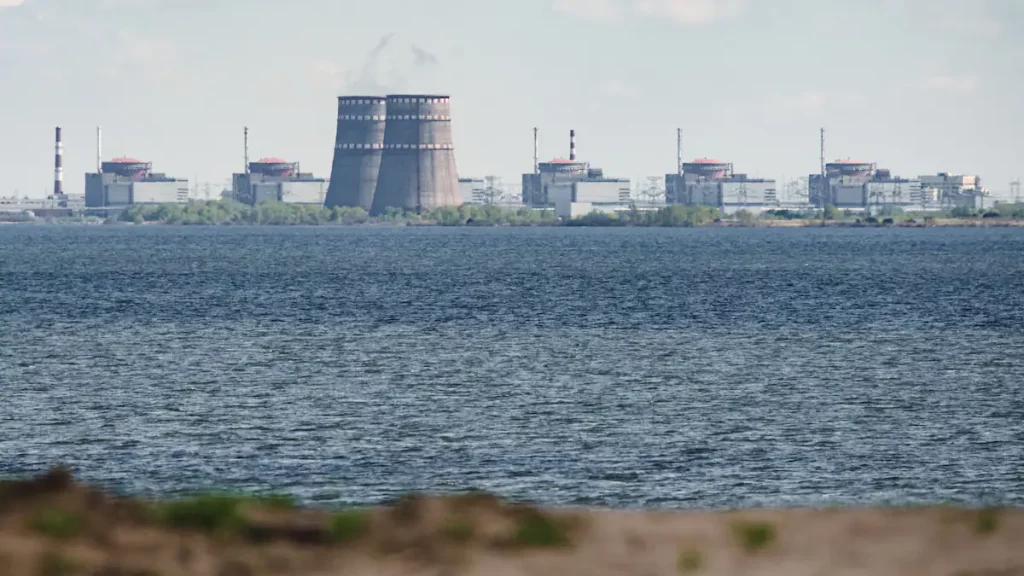
The IAEA director general, who has returned from Ukraine, said he was “concerned” about the Russian-controlled nuclear power plant in Zaporizhia, which had no access to the UN body since the attack.
Also read: Ten Russian soldiers have been charged in Boutcham with felony criminal mischief
Also read: Biden offers to liquidate and transfer seized Russian assets to Ukraine
Speaking at a press conference at the International Atomic Energy Agency (IAEA) headquarters in Vienna, Rafael Grassi said: “This is at the top of my list of concerns when it comes to the condition of nuclear power plants in Ukraine.
The site “is still under Russian control, not under the control of the Ukrainian regulator, but we must carry out a certain number of tasks as soon as possible in terms of inspection, monitoring and security,” he said.
“We need to get back to Zaporizhia, which is very important,” the IAEA chief insisted.
With this in mind, he held talks with Ukrainian President Volodymyr Zhelensky during his visit.
“Our consultations are ongoing with Ukraine as well as Russia,” he said, referring to a meeting with Russian officials “in a few days.”
When asked about the overhead flight of a low-altitude site by missiles earlier this week, Mr. Grassi said he had “received videos”, according to Ukrainian officials. “We are in the process of inspection but if such a development is confirmed, it will be very serious.”
He also referred to the situation in Chernobyl, where he went on Tuesday for 36 years, the day after the worst civilian nuclear disaster in history.
He then confirmed the level of radiation was in the “normal range”, he reiterated these comments on Thursday.
Troops sent by Moscow to seize the plant on February 24, the first day of the Russian invasion, used vehicles, equipment and dug trenches in the polluted land, “which naturally caused an increase in radiation.
“But this situation does not pose a big risk to the environment and the people,” said Rafael Grassi.
A Chernobyl reactor exploded in 1986, polluting much of Europe, especially Ukraine, Russia and Belarus. Within a radius of 30 km around the plant is classified as an “exclusion zone”, the terrain is still heavily polluted and it is forbidden to live there.
Ukraine has 15 reactors at four operating plants, along with waste repositories such as Chernobyl.





More Stories
Allegations of corruption Qatar warns of ‘negative impact’ of European measures
USA: Famous “Hollywood cat” euthanized in Los Angeles
The campaigner who called for the shooting of Ukrainian children has not been charged